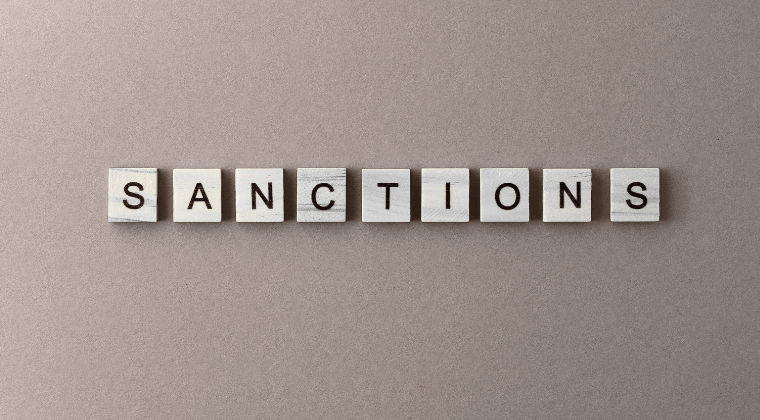BY:
SHARE:

An official ministerial announcement was made 15th December. The UK Government has announced in a Ministerial Statement of the decision to extend the border arrangements which currently apply to goods moving from the island of Ireland to Great Britain while discussions on the Northern Ireland Protocol are ongoing.
That means Sanitary and Phytosanitary goods moving from the island of Ireland to Great Britain will continue to do so on the basis of the arrangements that apply now - until further notice; and will not, for now, be affected by the changes being introduced on 1 January 2022 for all other GB inbound goods.
For animal product controls this means:
- The new pre-notification requirements being introduced on EU imports from 1 January 2022 for Products of Animal Origin and Animal By-Products will not apply to goods imported from the Republic of Ireland to Great Britain.
- Existing requirements (introduced in January 2021) for Live Animals, Products of Animal Origin (POAO) under safeguard measures, germinal products and high risk Animal By-Products remain unchanged, i.e. imports of these goods from the Republic of Ireland (ROI) to GB and indirect movements from Northern Ireland (NI) moved via the ROI to GB, will continue to require pre-notification, to be accompanied by appropriate documentation and certification, and will continue be subject to risk-based import checks.
- Direct movements from NI to GB of NI Qualifying animal products, will continue to have unfettered access to GB.
For plant and plant product controls this means:
- The new pre-notification requirements being introduced on EU imports from 1 January 2022 will not apply to goods imported from the Republic of Ireland to GB.
- Existing requirements for ‘high-priority’ plants remain unchanged, i.e. imports of these goods from the Republic of Ireland (ROI) to GB and indirect movements from Northern Ireland (NI) moved via the ROI to GB, will continue to require pre-notification, to be accompanied by a phytosanitary certificate, and will be subject to risk-based import checks.
- Direct movements from NI to GB of NI Qualifying plants and plant products, will continue to have unfettered access to GB.
High Risk Food not of Animal Origin
Businesses moving high risk foods not of animal origin (HRFNAO) directly from the Island of Ireland (Republic of Ireland and Northern Ireland) into Great Britain, will also be exempt from the requirement to pre notify. This is a temporary arrangement and will be reviewed early next year.
OneCall™ Email assistance as and when required; A one-call solution for all your import, export and customs enquiries. Export help. Import help. Customs help.
Stay informed about customs and international trade matters by subscribing to our OneCall™ service. This comprehensive offering includes a dedicated email helpline for support, timely practical updates direct to your inbox (Did You Know?), monthly UK Customs & Trade Briefings and access to an interactive members' area with an exclusive community for our subscribers.
International Trade Updates & Spotlight Newsletter
Subscribe to our free information emails covering international trade topics...









